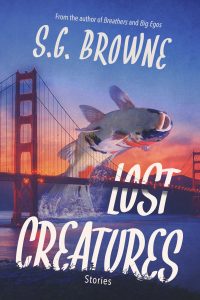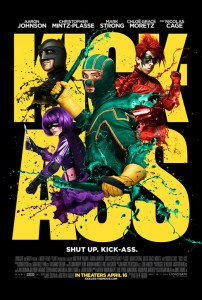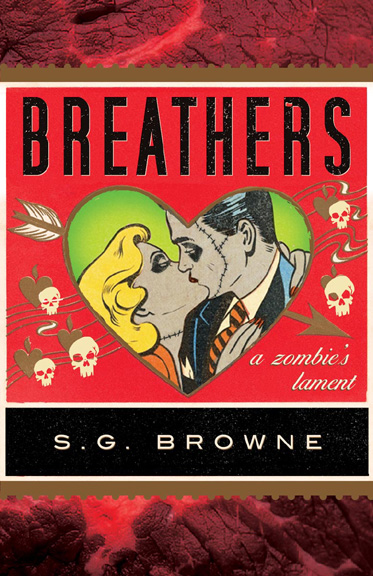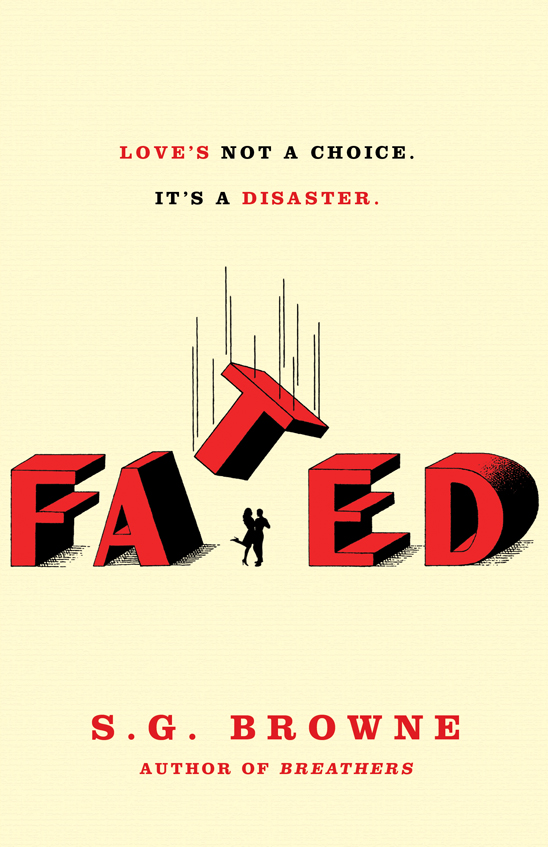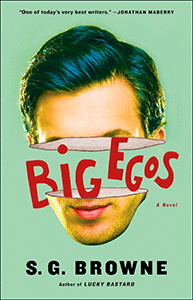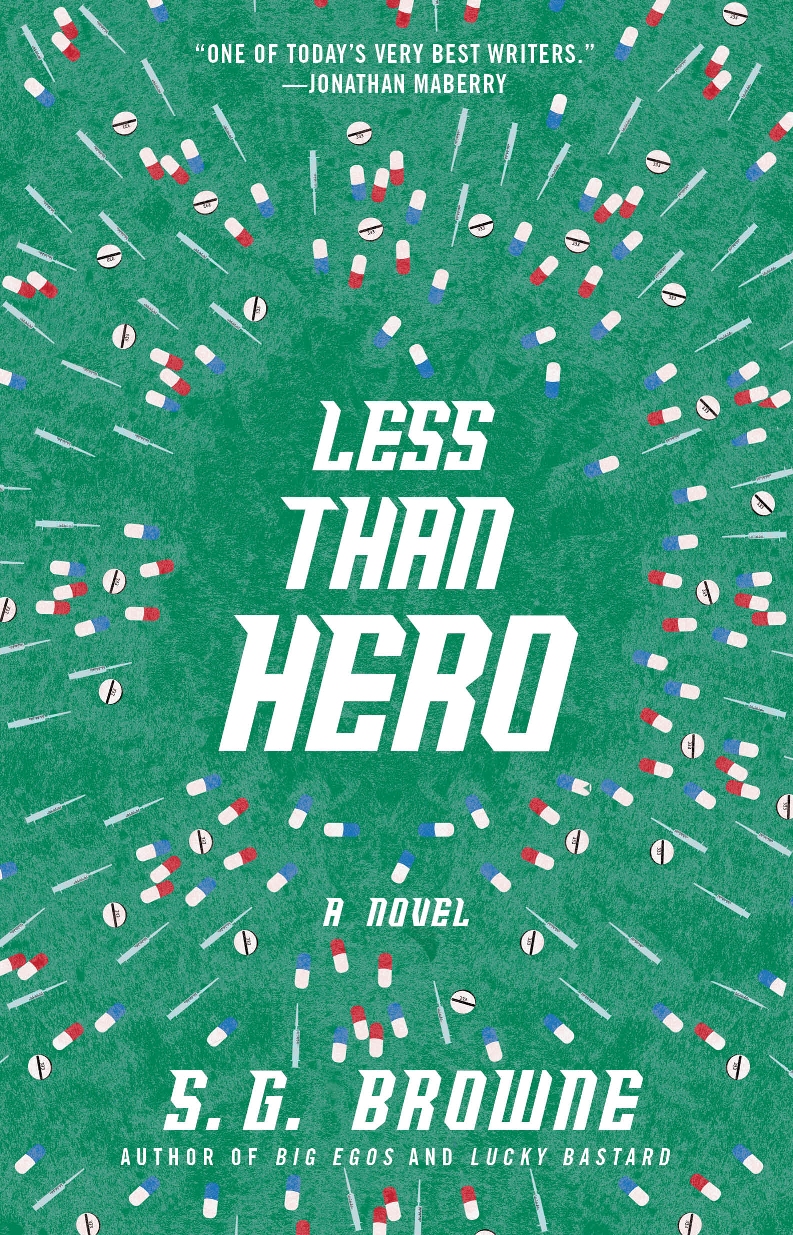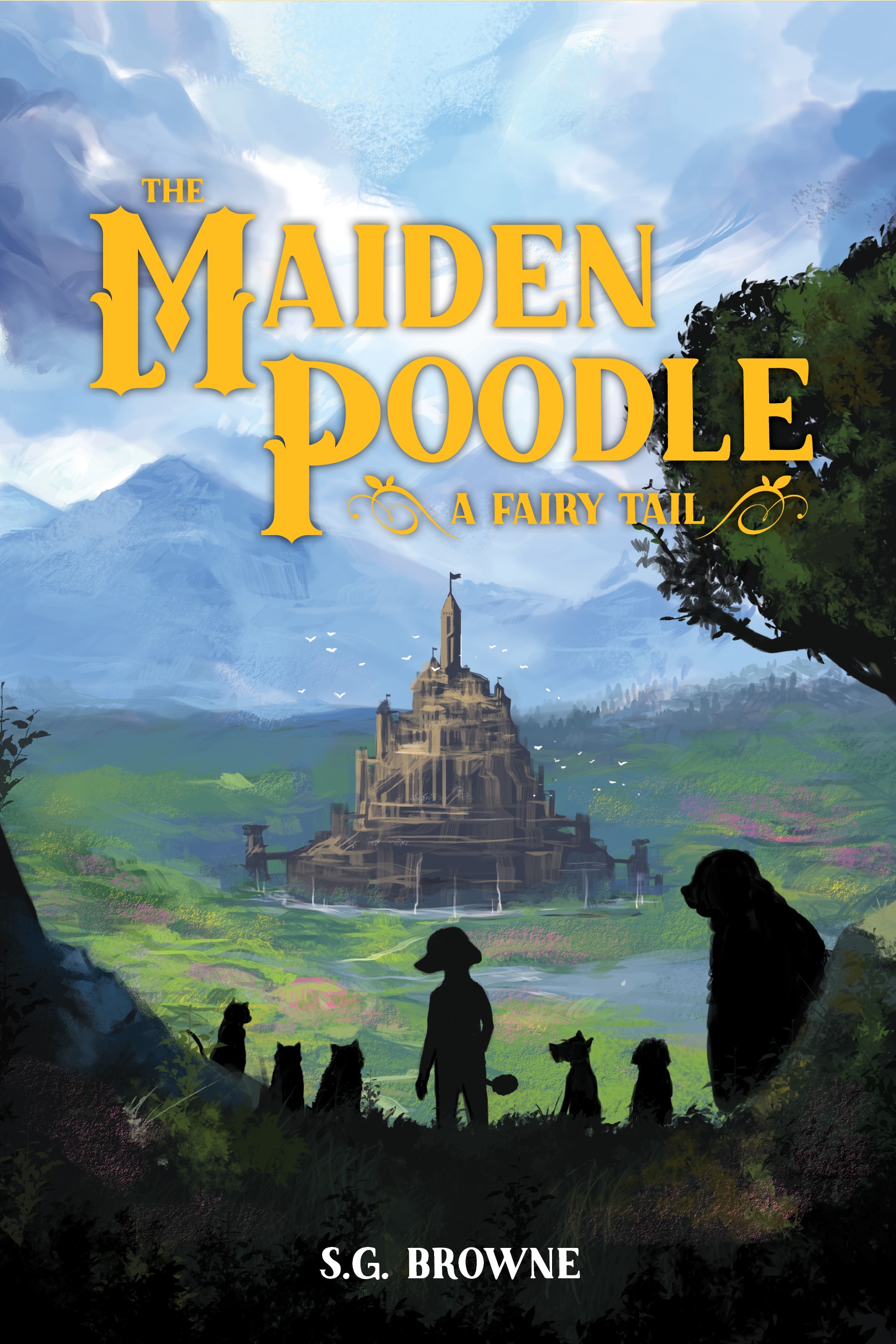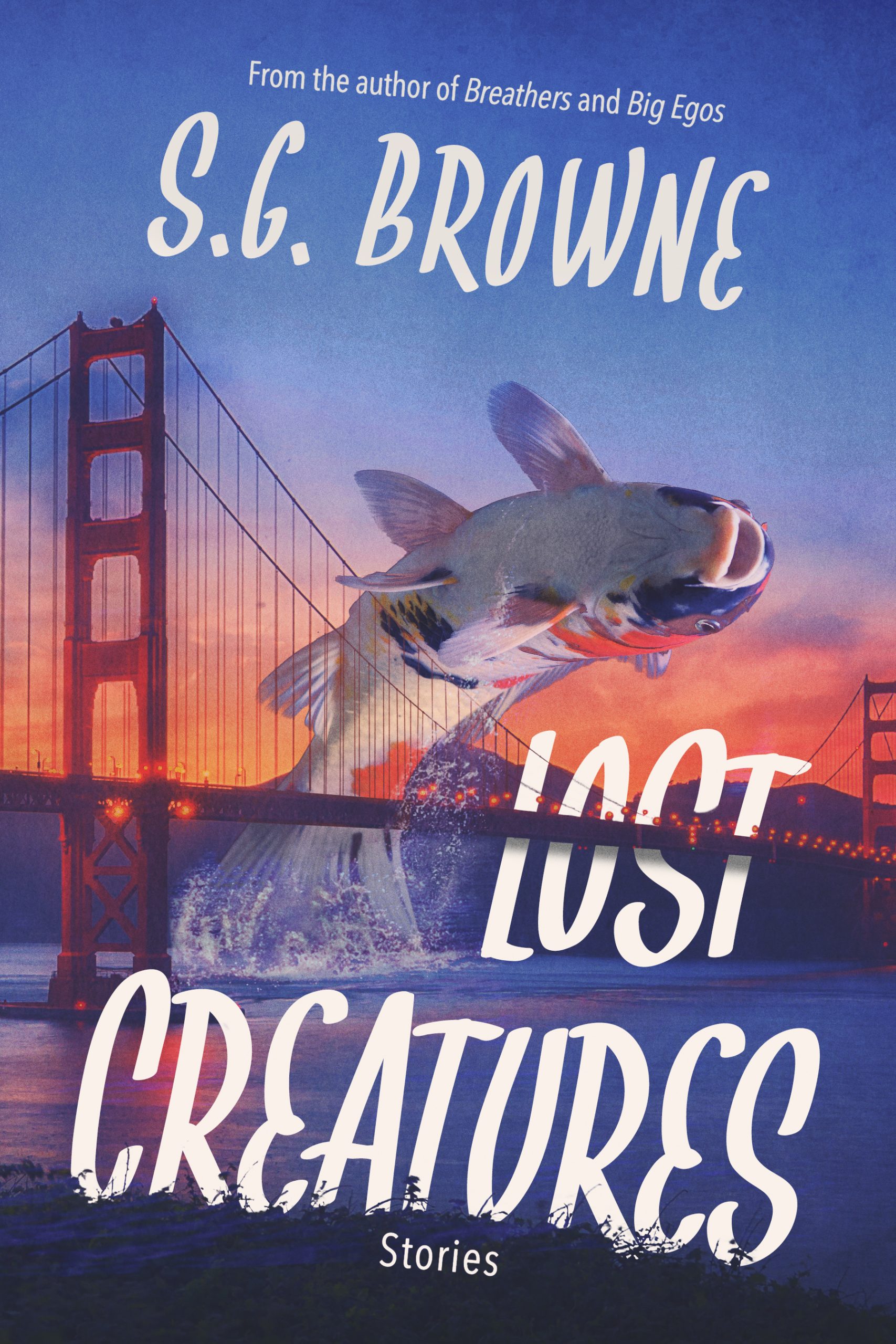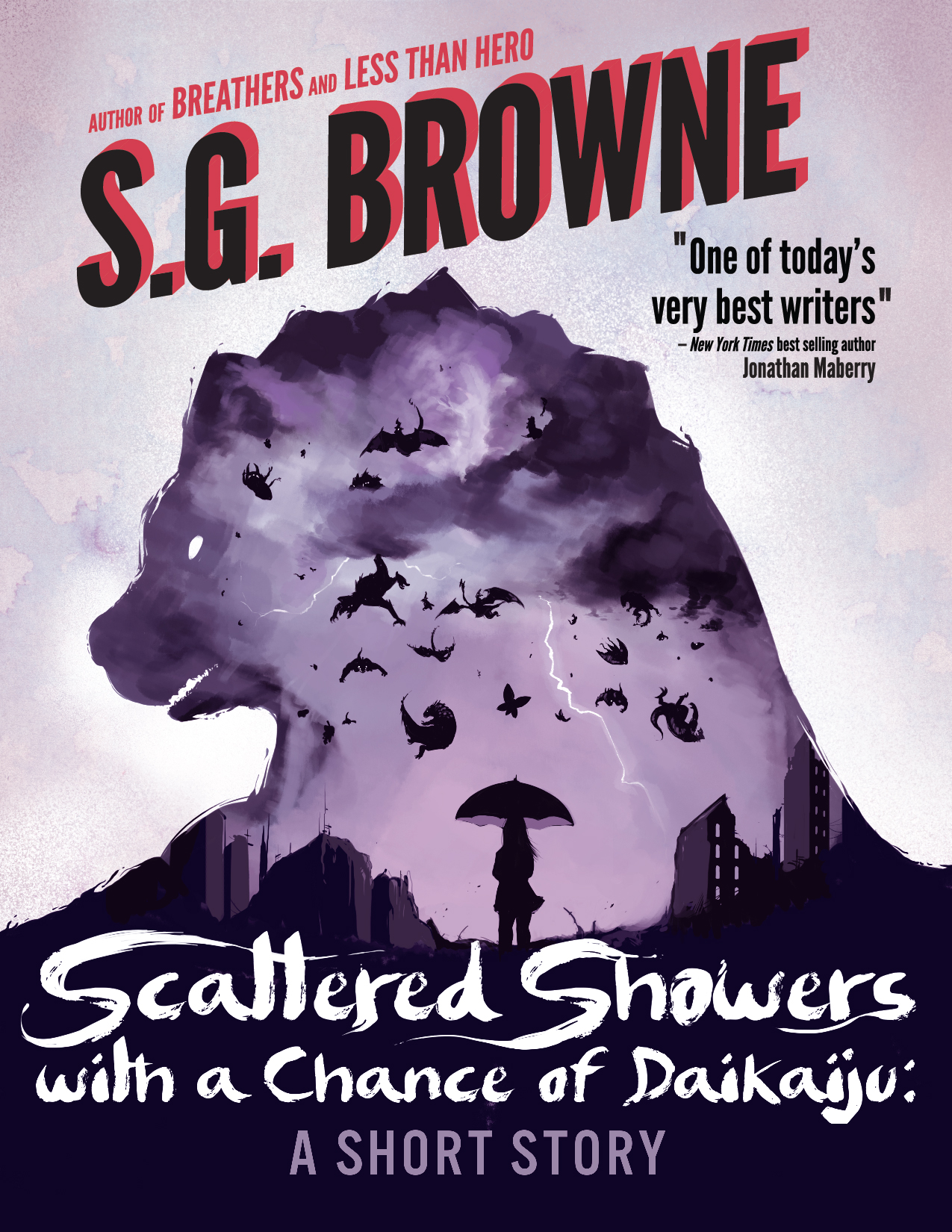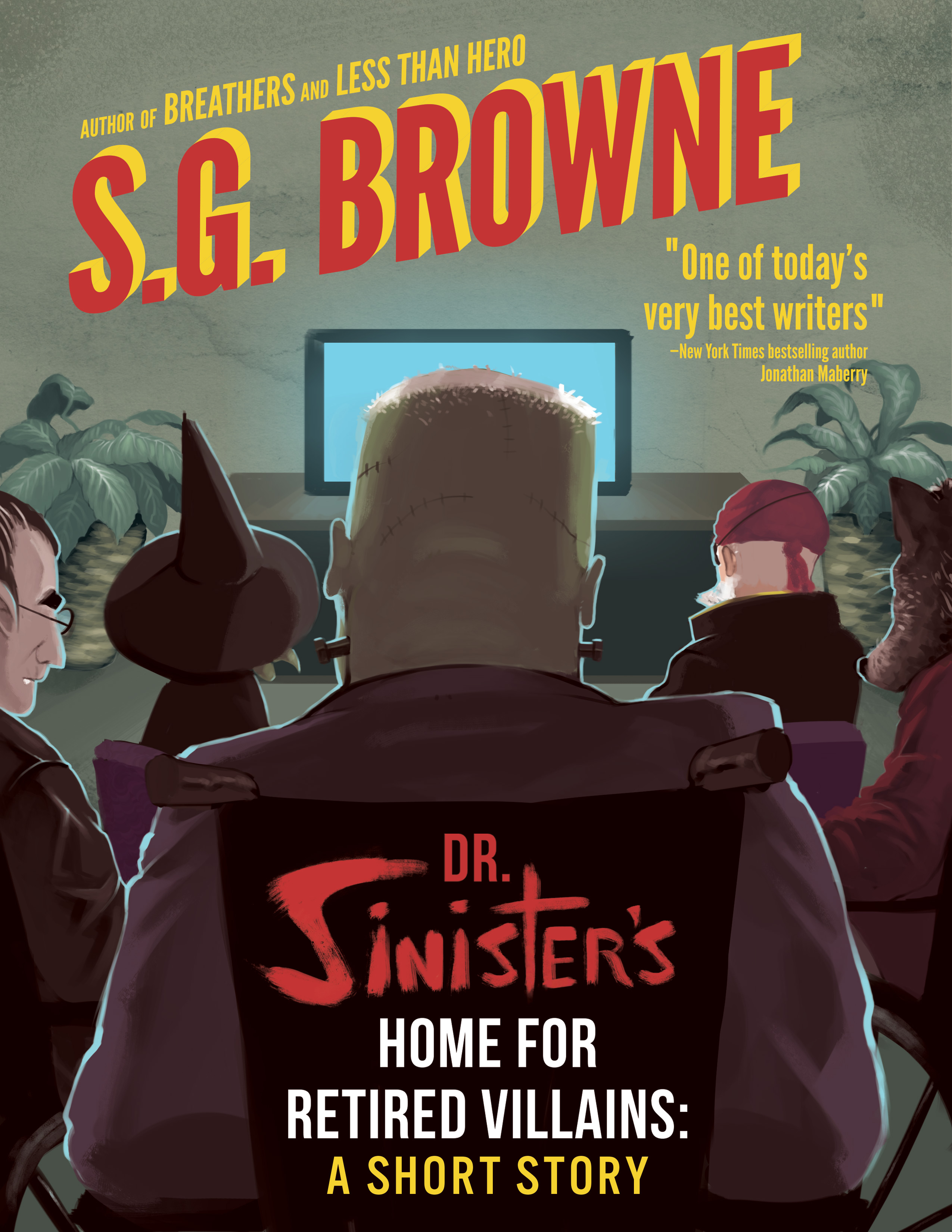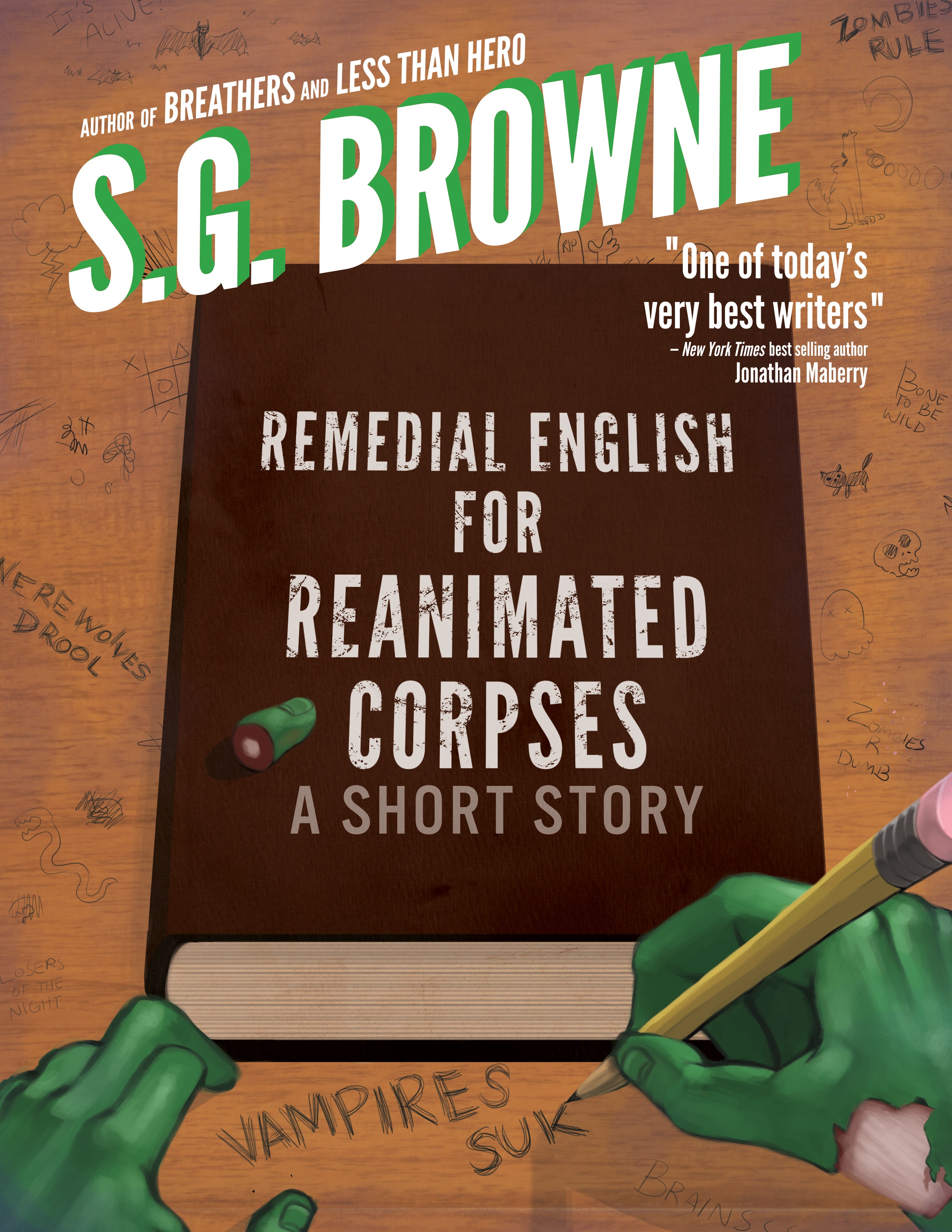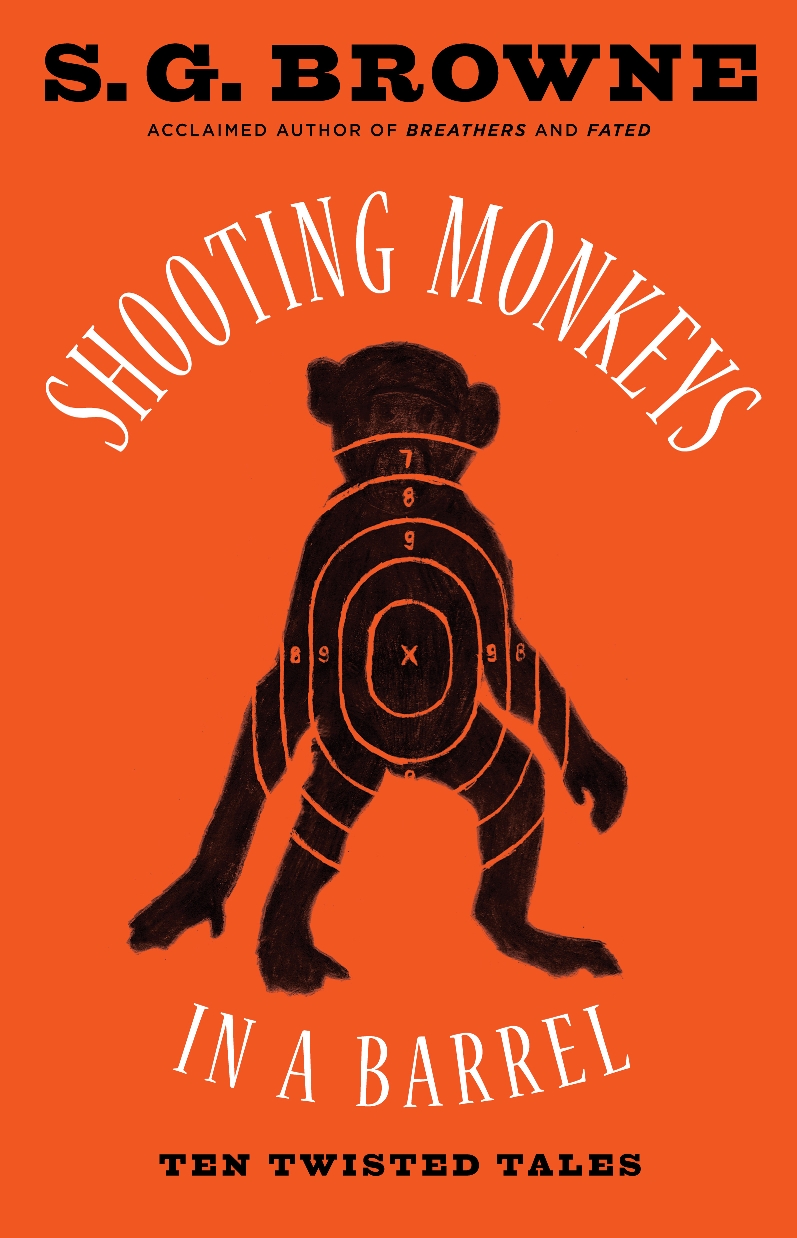Due to popular demand (okay, due to one person asking me to post the rest of the story), here’s the rest of “Homer’s Reprise” for your reading pleasure. It’s a bit of a blend of Greek mythology with modern day bounty hunters and stars a displaced and disconsolate Odysseus.
If you missed the first part, you can read it by clicking HERE. And now, on with the story…
HOMER’S REPRISE (continued)
“What fate has befallen those that I would protect should fall as well upon me,” Odysseus cried out, waiting for a bolt of lightening to strike him down or a tidal wave to engulf his ship and end his misery, but the gods were not there to hear his plea.
Shoulders slumped, Odysseus returned his attention to the ocean as the merciless sun beat down upon him. Save for the forsaken cliffs that grew smaller off the stern of his ship, the ocean stretched endlessly to the horizon in every direction. For Odysseus, his ship might as well have been his own headstone, for what was the ocean to him now but a graveyard of failure?
Failure. The word pierced his heart as a spear thrown by Achilles. Odysseus ran a hand across the armor of his old friend, the memory of Achilles’s death at the hand of the coward Paris still burning fresh and painful within him. He did not deserve to bear the arms, to stand on this ship with the memories of his friends and crew who had fought so valiantly and died with such honor. They had not known failure. Even in death they had shown the courage of kings. But he, Odysseus, the great Greek warrior and hero, he had disgraced himself, the gods who had put him here, and the men with whom he’d fought in battle. A more fitting judgment would have been to spend eternity pushing a stone up a hill.
Odysseus stared out across the water and let forth a humorless laugh. What was his fate if not like that of the tormented Sisyphus? Was his quest across the globe not as futile? Perhaps the gods had not bestowed an honor upon him after all. Perhaps, instead, they had done nothing more than condemn him to the same eternal damnation as his alleged father.
Odysseus withdrew his sword and studied the blade, its sharp edge gleaming. A single blow across the throat would end his burden, for although his flesh was ageless, it was not immortal, but the dishonor and cowardice of striking himself down would plague his soul for eternity. He could no more take his own life than he could destroy those he had sworn to protect.
In anguish, Odysseus once more looked to the heavens, his arms outstretched.
“Is this my lot, then?” he cried. “Am I bound to an existence no more significant than that of those banished to Tartarus?”
Odysseus waited for a reply, some sign or indication that would let him know he’d been heard, that someone believed in his purpose. As before, he received no answer.
He turned his attention from the godless sky and stared, disheartened, across the ocean’s waves. Once more he ran his fingers across the armor of Achilles, the armor of a hero, and felt the shame of the House of Atreus for the beasts he had allowed to be hunted down and killed.
In a sudden rage he removed the arms and swung them about as he prepared to hurl them into the ocean, a frustrated roar rising from his lungs. Just then, off the port bow, an object reflected in the sunlight, distracting him. The object was at too great a distance for him to determine its nature, though it appeared to be in two pieces, drifting across the water.
His rage momentarily displaced, Odysseus lowered his armor and studied the object, but even with the aid of his telescope he was still too far away to discern any details. As he changed his heading and drew closer, he thought he recognized the enormous sail of a ship. Before he could identify the object further, it suddenly vanished beneath the ocean’s surface.
Odysseus stared out across the empty sea, wondering if he had witnessed the death throes of another ship, though he knew of no beast that inhabited this region of the planet capable of such destruction. He sailed on, drawing closer to where the phantom ship had vanished, looking for some proof that his eyes had not deceived him. He saw no sign that a ship had ever existed.
Had he seen nothing more than an illusion? A reflection not of the sun but of a madness that had grown within him after centuries of solitude? Odysseus thought of Ajax, struck down with madness by Athena, and wondered if he now suffered the same affliction.
As if in answer, something breached the water less than a dozen ships’ lengths away — like an island emerging from the ocean’s floor. Moments later, what he had mistaken for the ship’s sail rose out of the ocean and slapped back down with such force that a spray of salt water rose two mast lengths above the ocean. When the entire object surfaced, Odysseus beheld not a ship but a beast unlike any he had ever known.
Although he had long ago grown familiar with every species of whale that roamed the oceans, Odysseus had never before seen a whale of equal size or magnificence. Nor had he encountered a whale with alabaster flesh to rival the temples of Olympus.
Odysseus watched the white whale, keeping a respectful distance, though like many of the earth’s other great beasts, it seemed to sense that he posed no threat. Encouraged by its acceptance of him, Odysseus kept pace as he marveled at the creature’s magnificence.
Easily twice as long as his ship, the whale appeared large enough to swallow the entire Greek army, with a tail so wide and strong it undoubtedly rivaled Charybdis in its ability to wreak destruction. Odysseus could tell the beast had seen its share of action, for it wore many scars upon its flesh, and he had no doubts that this creature had sent many ships and men to their watery graves, men who would have otherwise cheered in triumph at the dead and bleeding carcass of the prize they had landed — a prize that would sit stuffed and lifeless in a museum instead of roaming the ocean, defending its right to live.
How long had the beast traveled the oceans? Surely not as long as he. But as Odysseus watched the whale submerge beneath the surface and breach again in an explosion of mist, he couldn’t help but empathize with the enormous creature’s loneliness.
Odysseus followed several ship lengths behind, keeping the whale to his port side, watching with wonder its grace and dignity. When the whale changed directions and crossed in front of him, Odysseus discovered that the beast was not alone. Swimming along beside it, staying close for protection, was another white whale, half as big as the first.
Odysseus watched the mother and calf as they submerged then surfaced again, playfully slapping their tails against the water or breaching completely — their enormous bodies landing in the water with the thunder of the gods. He laughed out loud at their antics, invigorated by their appearance, by the realization of their existence, but his elation was tempered by thoughts that collected around the memories of his own son, long since burned upon the funeral pyre.
He could have stayed that way for an eternity, his emotions alternating between joy and grief as he watched the two whales frolic across their own watery stage, but it took only a matter of minutes before their performance drew unwanted attention.
Off the starboard side of his ship, more than a league distant but approaching fast, Odysseus spotted another vessel cutting across the water, drawn by the display, angling directly toward the whales. Through his telescope he could see more than half a dozen men on the deck, as well as several harpoons mounted to the ship’s bow. Below one of the harpoons, a collection of characters spelled out the name of the vessel: Pequod IV.
Odysseus glanced at the whales, then looked heavenward with the trace of a smile before he put on his armor and readied his weapons as he steered a course toward the other ship.
This would be his greatest battle.





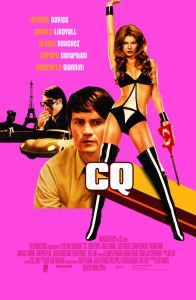 Set in 1969 Paris, CQ (written and directed by Roman Coppola) is an offbeat and campy film-within-a-film starring a pre-LOST Jeremy Davies as a young film editor making a documentary about his own life while working on a science fiction adventure movie directed by the renowned French director Gerard Depardieu.
Set in 1969 Paris, CQ (written and directed by Roman Coppola) is an offbeat and campy film-within-a-film starring a pre-LOST Jeremy Davies as a young film editor making a documentary about his own life while working on a science fiction adventure movie directed by the renowned French director Gerard Depardieu.